New Narratives: A Manifesto for Solitude as a Path Through Loneliness
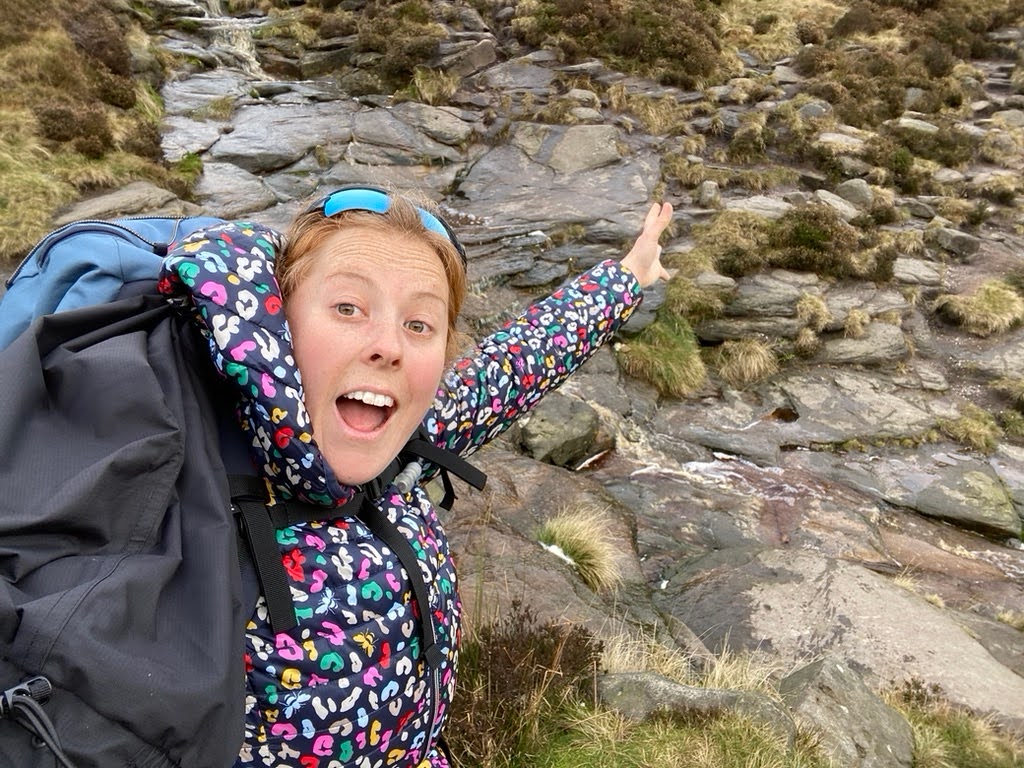
Through New Narratives, we’ll explore the multi-faceted nature of loneliness by sharing insights and stories from as many perspectives as possible, not only to help bridge the gap between isolation and connection but to also enrich our community’s understanding of loneliness.
Our latest narrative has been written by Katherine Horsham, founder of Unfold Wildly.
A Manifesto for Solitude as a Path Through Loneliness
‘The health risks are as bad as smoking up to 15 cigarettes a day.’ That’s what I first remember learning about loneliness. It was 2011, I was 23 and I had somehow started work post-university…
I say ‘somehow’ because I graduated in 2009 via a global Financial Crisis. The jobs we were ‘guaranteed’ disappeared overnight. At a loss, I completed a Masters. My hypothesis was I needed to stand-out from the crowd. Thousands of graduates were now looking for even fewer jobs. So I fell back on the only thing I knew. Education. An option only possible with what my Grandad left me.
Luckily, the Masters paid-off. I did get a job! I was due to start in the summer of 2010. But the Graduate Scheme was mysteriously ‘cancelled’. I was made redundant at 22. I can still recall lying hopelessly in bed after that. Scrolling job sites. Desperately Facebook messaging university friends who didn’t want to know. I was completely lost. When I think about loneliness now, I often think of this. But I had no idea that’s what it was at the time.

On the way down from Kinder Scout via the falls at the top of Cloughden Clough.
Facing My Fear of Being Lonely
The other big life moment I relate to loneliness was my first time living alone. The year was 2020. I was 32. Another global crisis, this time a pandemic. It was a very scary time. Yes because of COVID-19, but more because I had to face my fear of being alone.
At that point, I had no distinction between being ‘alone’ and being ‘lonely’. They were the same thing to me. So being alone was to be avoided at all costs. Accept this time, I couldn’t. Instead, I had to completely embrace it.
It sounds counter-intuitive to say that the answer to transform loneliness is to spend more time alone.
Instead we’re told…
- ‘The answer to all our problems is each other’.
- ‘If you want to go fast go alone, if you want to go far go together’.
- ‘Don’t be a Lone Wolf’.
But this is how it happened for me. Once I allowed myself to feel lonely, I was able to discover where it was coming from. What needs I had that were not being met. And the actions I could take to turn it around. Some solutions involved others (volunteering) and some of these didn’t (running). At the time it was awful. But this process was essential. It enabled me to disentangle ‘alone’ and ‘lonely’. Being ‘alone’ became something I could appreciate and look forward to. Loneliness evolved to become a signal for change.
Discovering Aloneness as a Place of Connection
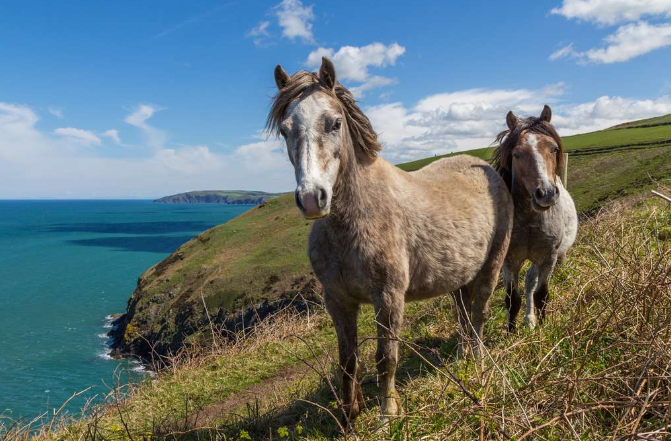
A typical day on the Pembrokeshire Coast Path!.
With this new superpower of finding joy in aloneness, I took a leap. I had always wanted to go on a solo multi-day hike. Think The Duke of Edinburgh’s Award for adults! Until that point, I had shelved it as I didn’t know anyone who wanted to go with me. But in theory, that was no longer an issue. I was okay with being alone, right?
I booked 3 weeks off work and hatched a plan. I would walk the Pembrokeshire Coast Path. It would be just me and the path for 300km. Within hours of beginning this journey, my life was changed forever. It was another rite of passage. While the first was about moving from loneliness to aloneness. This time, I discovered aloneness as a place of deep connection. With myself. With others. With Nature.
I know it might not make sense. Especially when the emphasis is on getting social when we’re lonely. So how did this work for me?
Gender and Loneliness
Firstly, I’m a woman. Despite ‘progress’ on gender equality, women still do most of the Emotional Labour in society. Often unpaid. At home, at work, in our communities. Day-in-day-out. Covid exposed this. This burden on women is unfair. I don’t have children, but I still feel I have to put everyone’s needs before my own. Because that’s what we’re taught to do as girls. Be ‘nice’ (compliant/agreeable/feminine etc), or people won’t like you.
This builds up understandable resentment. As well as a sense of isolation in not being ‘seen’ as a person in your own right. With your own needs. I think this means women might be more likely to look socially connected but harbour loneliness. I relate to this.
When I’ve felt most alone, I’ve been surrounded by people. Hiking a solo trail helped with this, precisely because nobody was around. I couldn’t feel let-down by others. There was nobody there to foist unfair Emotional Labour on me. I couldn’t feel hurt by not being ‘seen’, because there was literally no-one to see me! In that sense, I felt like I could really relax. And spend more time appreciating those in my life.
Is Solitude Deprivation also as Bad as Smoking?
I’m writing this in 2025 and I’m 37. I’ve been in a lot of Communities over the years! My findings? Properly being with others takes effort. And we don’t always have enough within us to show up how we want to or need to.
The term ‘Social Battery’ now gives us language to explain this. We simply don’t have resources for others all the time. It acknowledges that it is necessary, and good(!), to take a step back. Because there is such a thing as Solitude Deprivation, as coined by Cal Newport. It’s when we spend little to no time alone with our own thoughts. Or without the input from others. Ironically, Solitude Deprivation leads to loneliness because hyperconnection is exhausting. Social Media is the prime example. We’re more connected and more lonely.
Cal quotes the poet and essayist May Sarton who summed it up well in 1972:
“That is what is strange — that friends, even passionate love, are not my real life unless there is time alone in which to explore and to discover what is happening or has happened…”
I think this is why 3 weeks of solo hiking didn’t feature a hint of loneliness. But it freed me up to re-connect with strangers who helped me and friends, family and colleagues back home.
Nature as the Biggest Container
The final reason I think hiking alone unlocked connection? I re-became a part of Nature. It might sound weird, but when I was in this way of being, I was never alone. We can too readily assume that the answer to loneliness is more human connection. But as discussed, we cannot always be available for each other.
My experience is when I truly value the presence of Nature, I only benefit. Sometimes more than with human connection. Because Nature requires nothing in return. It is unconditionally there. There’s still a lot of work to do to make access to Nature equitable. But many can benefit from something that has the resource to hold us whenever we need it. That’s a huge container for big and all-encompassing feelings like loneliness.
What’s great about Nature is that we’ve evolved as part of it. Our bodies are designed to interact with molecules and microbes that keep us healthy, calm and working at our best. The same can’t be said for digital technology and AI, which is designed to be as addictive as possible.
Could Solo Adventures in Nature be the Answer for Some?
Being alone in Nature helped me to feel less lonely and to connect more. I’ve got a hunch others might benefit from this too, and it’s why I’m starting by helping more women to do this through Unfold Wildly’s Solo Steps Collective.
It might seem counter-intuitive. But we know people experience loneliness in different ways. That we need to build intersectionality into the conversation. And a range of options are needed to move the dial.
Joining activity-based social clubs might be some people’s worst nightmare! Especially if their Social Battery is low. Or they are exhausted from people-pleasing or masking. It might not be an absence of connection that’s behind loneliness. But unmet needs related to the dynamics of existing connections. More alone time in Nature could offer relief through a path of self-discovery. To find out what needs to change in the realm of connection, and why.
Biography
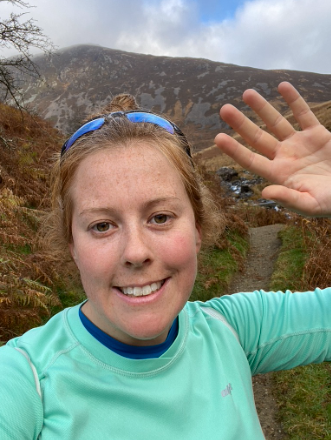
Katherine Horsham
Katherine’s a Mountain Training qualified outdoor instructor on a mission to help us re-connect with Nature through Adventure. Why? Because we’ve evolved to be at our best outside and on the move.
If you want more energy, clarity, connection and creativity in your life, Katherine’s advice is to head for the hills!
She’s hiked and camped over 500kms of trails on her own in the UK and now wants to pass the baton on to other women. Before her pivot to the outdoors, Katherine’s 16-year career focused on launching and scaling innovative ideas in start-ups and established organisations alike. She’s an expert at building purposeful high-impact cultures and supercharges teams and communities using Adventure alongside the Solo Steps Collective at Unfold Wildly.
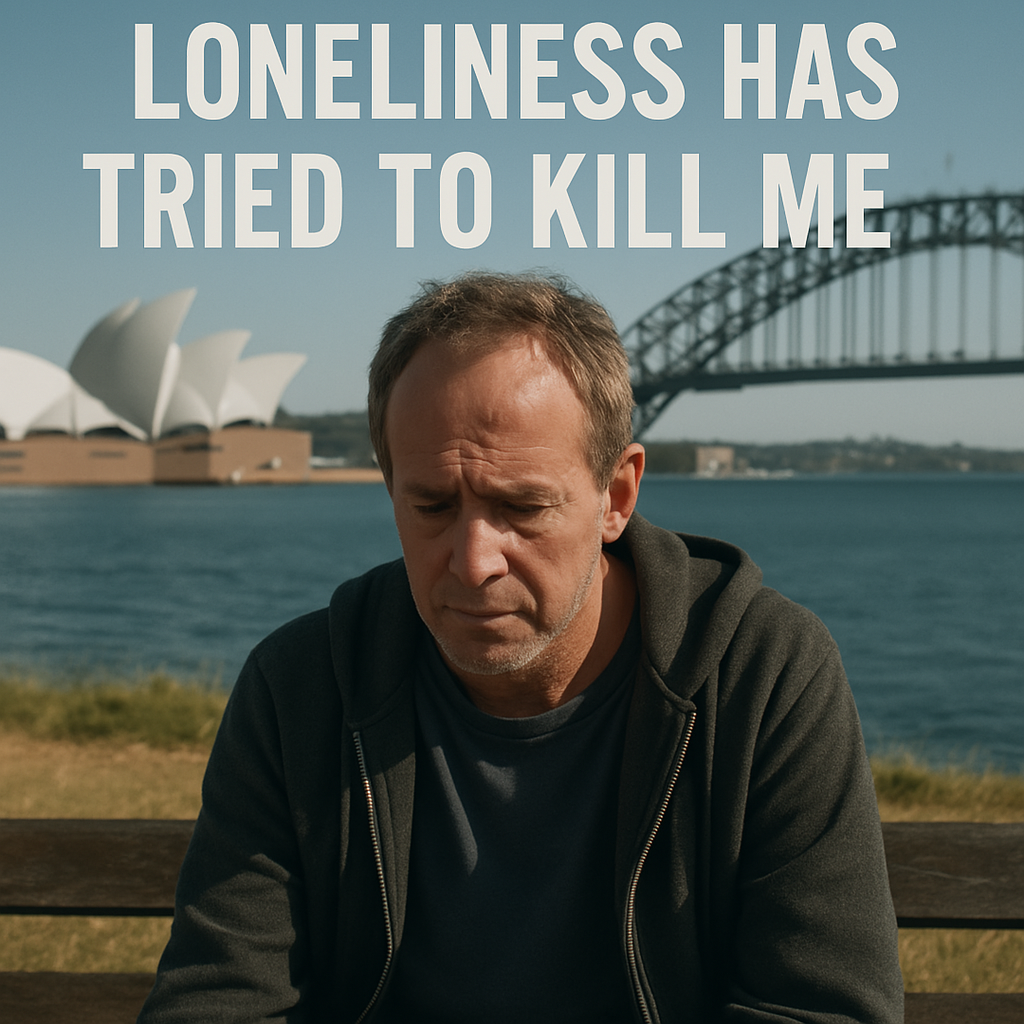

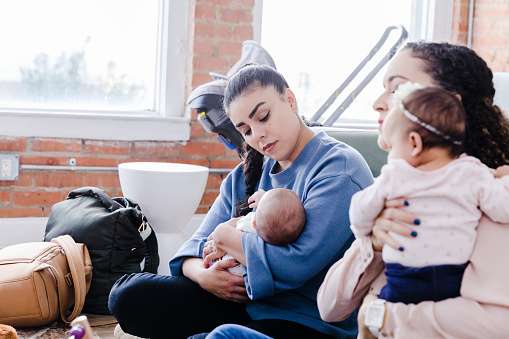
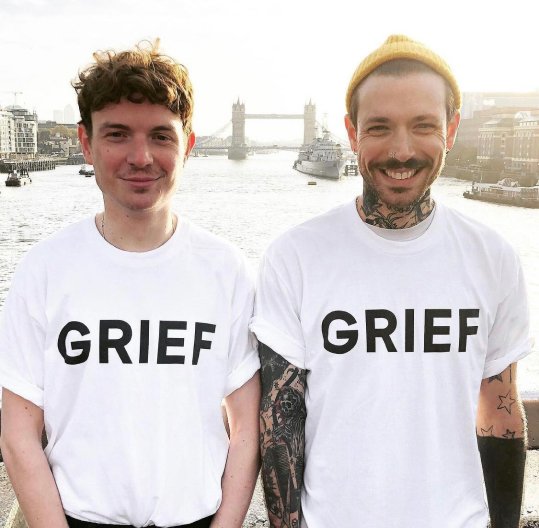

Responses